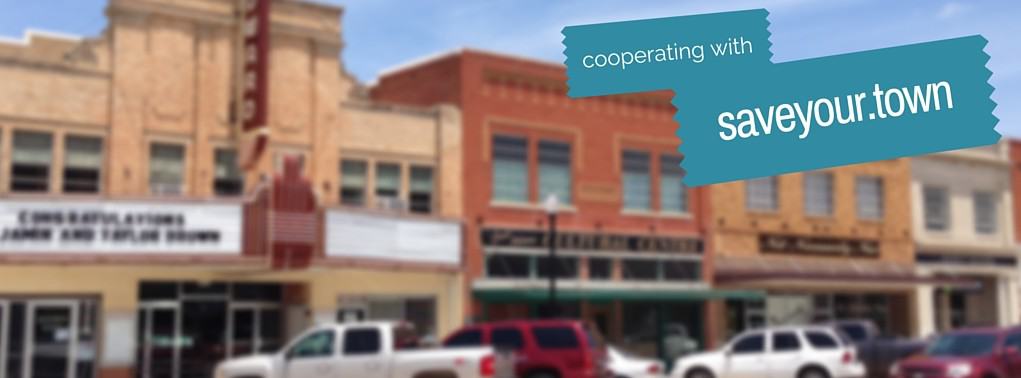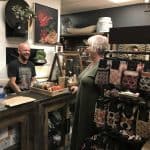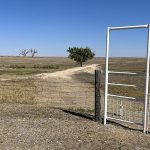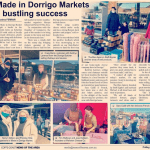There is a progression of engagement between you and your customers. The further you progress, the more valuable you are to your customers and the more you are able to charge.
At the bottom level, you offer a commodity, like fresh milk. Milk is available all over, and most people buy it where ever it is convenient.
Up one step, you have an asset, like ice cream made from that milk.
Another step up is an experience, like serving that ice cream in your own ice cream parlor. This was the lesson I learned from Free by Chris Anderson, “Memorable experiences are the ultimate scarce commodity.”
There is still one more level. Step up again, and you can transform that experience into a renewal. At this level, you and the customer work together to change something, like buying ice cream because you know it supports the only working dairy cooperative that makes its own ice cream in North Dakota. That would be Pride Dairy.
Here’s another example. If you’re advertising your town “as a great place to live,” that’s a commodity view; every town says they are a great place to live. If you talk about your wide open spaces, you’ve mentioned an asset that some places don’t have. Many of your neighbors can make the same exact claim. When you talk about “the largest open rodeo in the west,” you have something special to you that people can experience. And when you offer people a chance to “ride with the last of the working cowboys,” you are making them part of your renewal.
This idea grew out of an illustration I saw in an eco-tourism presentation years ago. I’m still thinking about all the ways you can apply it in business, but I think it is especially important in tourism.
New to SmallBizSurvival.com? Take the Guided Tour. Like what you see? Get our updates.
- About the Author
- Latest by this Author
Becky started Small Biz Survival in 2006 to share rural business and community building stories and ideas with other small town business people. She and her husband have a small cattle ranch and are lifelong entrepreneurs. Becky is an international speaker on small business and rural topics.











The “our town is a great place to live” is a great example of how so many businesses misunderstand what it means to engage with the public. Vague generalities won’t cut it in this age of white noise. People need to hear your story, and it needs to be compelling, if you expect to garner their interest. If you aren’t excited enough about the business/people you represent to create something captivating, why would anyone care about you?
Thanks, Chris. Sometimes it’s hard to translate our own excitement into the right words, but this is one way to think about it.
Becky, Great analogies for the levels of engagement. I’m sure there are a lot of correlations for how communities try to engage people online.
Mike, interesting to think of applying it to engagement online. Hmm….